Oil Cleanup 'Scam' Warnings Ignored by Shell, Whistleblower Claims
A BBC investigation has uncovered allegations that energy giant Shell repeatedly ignored warnings about corruption and inefficiencies in a controversial oil cleanup project in southern Nigeria.
Shell and the Nigerian government have consistently maintained that efforts to clean up oil-contaminated sites in Ogoniland, initiated eight years ago, have been progressing well. However, BBC findings suggest that the $1 billion initiative—funded by various oil companies—has been plagued by mismanagement and fraud.
A whistleblower familiar with the project described it as a "scam" and a "con" that has squandered funds while leaving Ogoniland’s residents exposed to severe oil pollution, despite a landmark UN report 13 years ago highlighting the region’s dire conditions.
Shell responded to the allegations, stating: "The operating environment in the Niger Delta remains challenging due to widespread illegal activities such as oil theft. When spills occur from our facilities, we clean up and remediate, regardless of the cause. If it’s an operational spill, we also compensate affected communities."
Legal Action Against Shell
The allegations surface as Shell faces a civil trial at the High Court in London. Lawyers representing approximately 50,000 residents from two Ogoniland communities argue that Shell must be held accountable for oil spills from 1989 to 2020, allegedly caused by its infrastructure.
These communities claim the spills have deprived them of clean water, made farming and fishing impossible, and posed significant public health risks. Shell, currently divesting its Nigerian assets to focus on offshore drilling and onshore gas, has denied liability, attributing the pollution to sabotage, theft, and illegal refining.
A Legacy of Oil Spills
Shell, Nigeria’s largest private oil and gas company, first discovered crude oil in the Niger Delta 68 years ago. The UN estimates that since 1958, at least 13 million barrels (1.5 million tonnes) of crude oil have been spilled across more than 7,000 incidents in the region.
The resulting environmental devastation has left many families fearing for their health and livelihoods. Grace Audi, a 37-year-old resident of Ogale, says her family, like many others, only has access to a contaminated borehole. Clean water for daily needs costs 4,500 Nigerian naira ($3, £2.40), a steep expense in an area where the average daily wage is less than $8.
Paulina Agbekpekpe, a resident of Bodo (a community not involved in the current lawsuit), recalls how thriving mangroves and lush greenery once surrounded her home. A major oil spill a decade ago devastated local fisheries, leaving families struggling to survive.
"Most of the children who drink the water are falling sick. Many have died. I lost eight children. My husband is ill," said the 50-year-old mother of six. "Our livelihoods have been destroyed, and people in Bodo are suffering."
A Troubled Cleanup Project
In 2011, the UN Environment Programme (UNEP) released a damning report on pollution in Ogoniland. It found that some residents were drinking water with benzene levels 900 times higher than the WHO safety guideline. Air samples also contained the toxic chemical.
The report revealed that Shell’s Nigerian subsidiary, the Shell Petroleum Development Company of Nigeria (SPDC), failed to meet regulatory cleanup standards. UNEP estimated that properly restoring the region would take 25-30 years, prompting the creation of the Hydrocarbon Pollution Remediation Project (Hyprep).
Initially launched in 2012, Hyprep only began operations in 2016 under a new government. It is partly funded by oil companies, including Nigeria’s state-owned oil firm and Shell, which contributed $350 million. However, BBC-obtained documents indicate that Shell and government representatives were repeatedly warned about Hyprep’s alleged corruption.
A whistleblower, fearing retaliation, told the BBC: "Everyone knows this cleanup is a scam. It’s designed to fool the Ogoni people while money disappears into the pockets of politicians and other powerful individuals."
Allegations against Hyprep include:
Awarding contracts to inexperienced companies
Falsifying lab results to declare contaminated land and water as clean
Inflating project costs
Blocking external auditors from verifying cleanup work
Minutes from a 2023 meeting—including representatives from Shell’s Nigerian subsidiary, UNEP, and Hyprep—highlighted concerns about "incompetent" contractors being rehired, potentially worsening environmental damage.
A leaked report from the same year noted that laboratory results were "regularly reported with deviations." In 2022, the UN wrote to Nigeria’s environment ministry warning that without reforms, the "extremely poor standards" of cleanup would persist.
Despite these warnings, Shell acknowledged Hyprep’s "institutional challenges" in a January 2023 meeting with the British High Commissioner to Nigeria. Yet, it continued its financial support.
A History of Failed Cleanups
This is not the first time a Shell-backed remediation project in Ogoniland has been called into question. In 2015, Shell agreed to a £55 million settlement for the cleanup of two massive spills in Bodo in 2008. The cleanup, led by the Bodo Mediation Initiative (BMI), was declared 98% complete.
However, during a recent visit, the BBC found crude oil still seeping from the soil and floating on water surfaces. Shell and BMI insist new spills result from oil theft, commonly known as "bunkering."
BMI Director Boniface Dumpe told the BBC: "Contractors will be recalled to re-clean the affected areas. Ensuring facilities are protected from illegal activities is a shared responsibility between Shell and the community."
Shell claims it takes extensive precautions against oil theft, including aerial surveillance, pipeline maintenance, and protective measures like steel cages around wellheads.

Shell's Departure from Nigeria
These allegations emerge as Shell prepares to sell its Nigerian subsidiary, SPDC, to Renaissance Africa, a consortium of local and international firms. Some Ogoniland residents accuse Shell of "running away" from its cleanup responsibilities while continuing to profit from the region by trading extracted oil.
Joe Snape, a lawyer at Leigh Day, warned of potential risks: "Whoever takes over these pipelines will have a profound impact on local communities. There’s little transparency on what these deals will mean. At least with Shell, there are ways to hold them accountable."
The Human Cost of Oil Exploitation
Oil and gas exports account for 90% of Nigeria’s total exports, with the Niger Delta serving as the country’s main production hub. Yet, locals say they have seen none of the benefits—only devastation.
Patience Ogboe, a farmer, blames recent spills for her failing crops. "I used to harvest enough to feed my family and sell the rest. But for the past few years, I’ve gotten nothing," she told the BBC.
As Shell exits Nigeria’s onshore sector, the people of Ogoniland remain burdened by decades of pollution, broken promises, and an uncertain future.

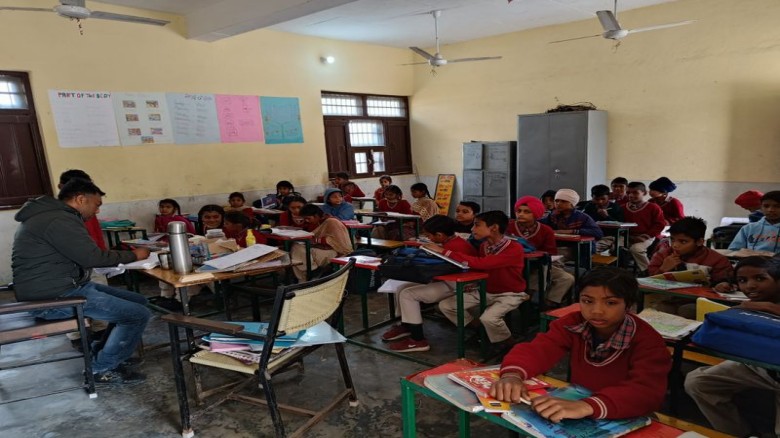
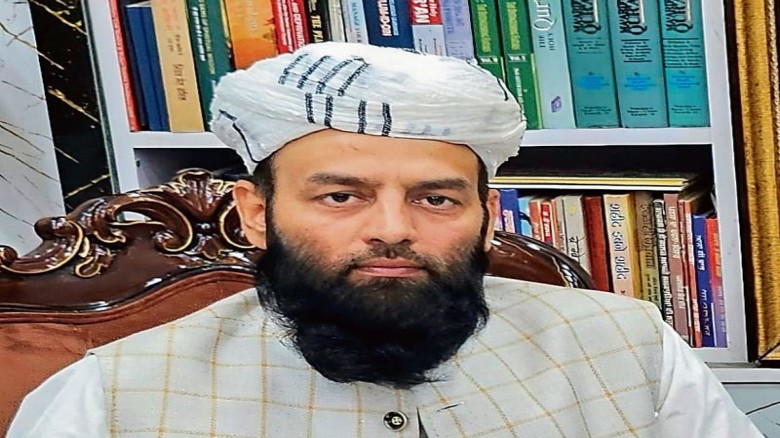
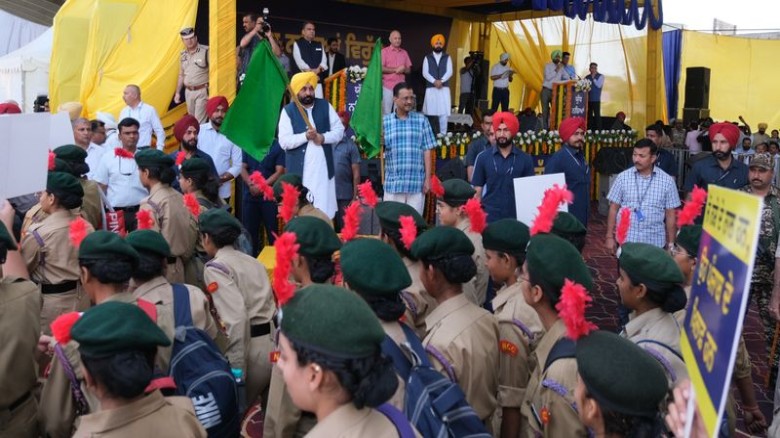
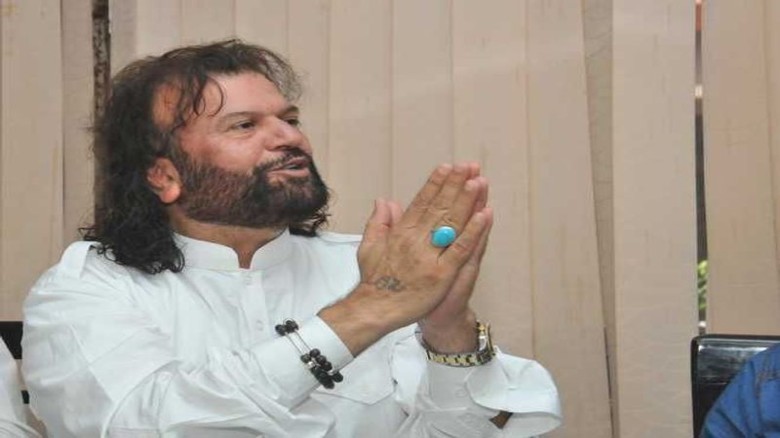
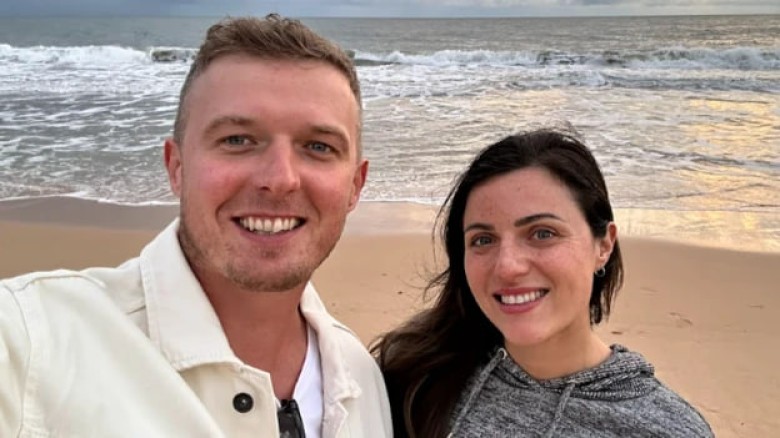
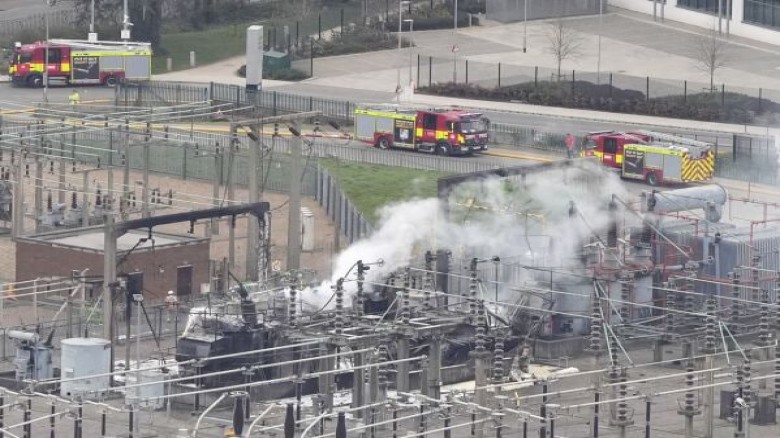

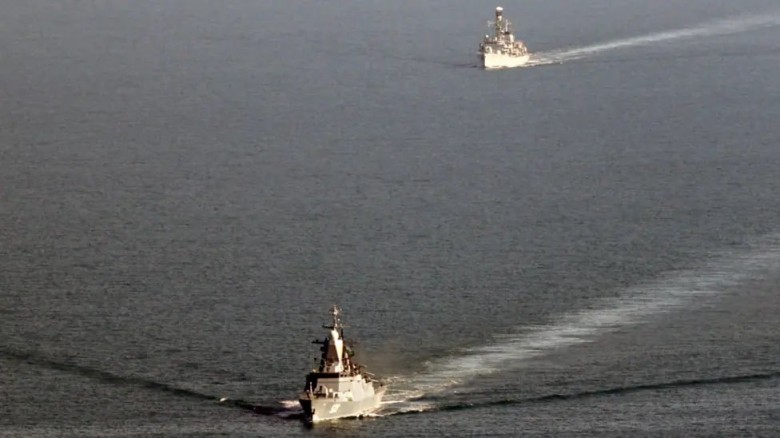
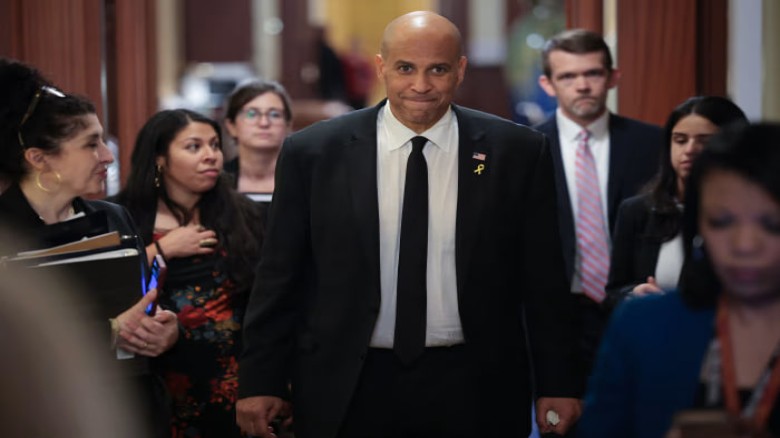
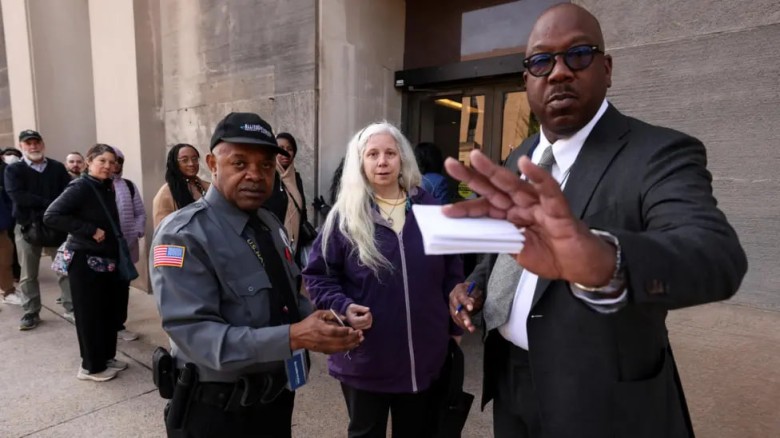

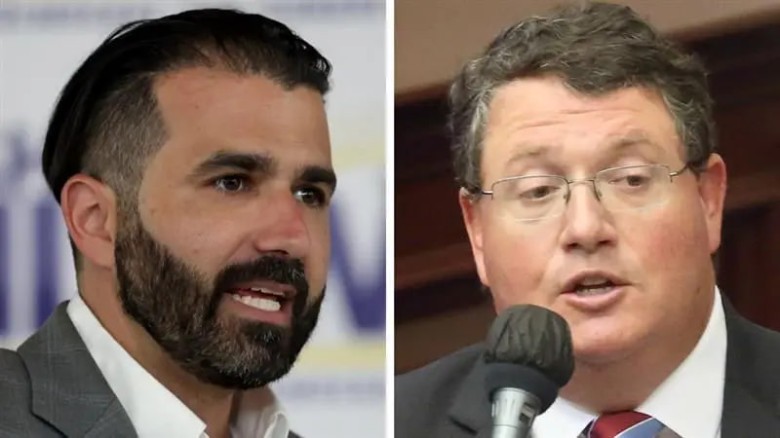

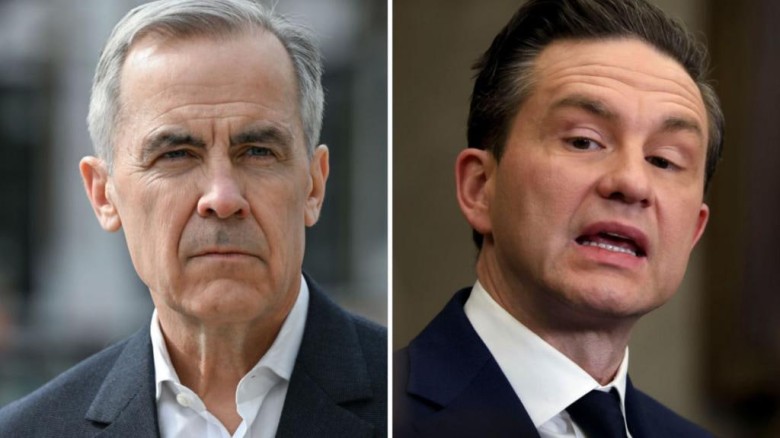
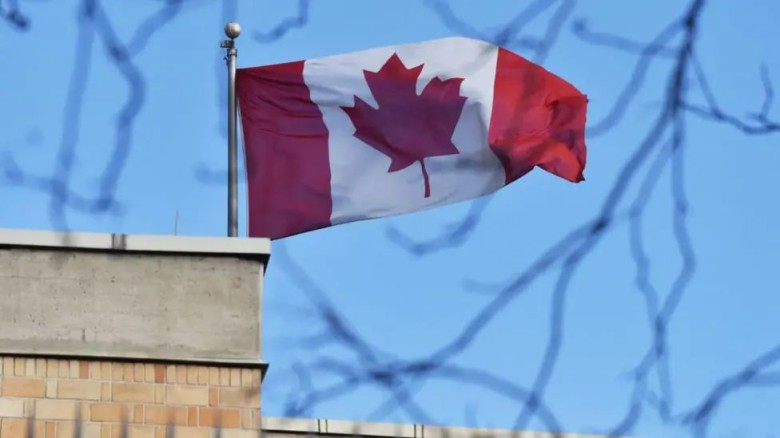
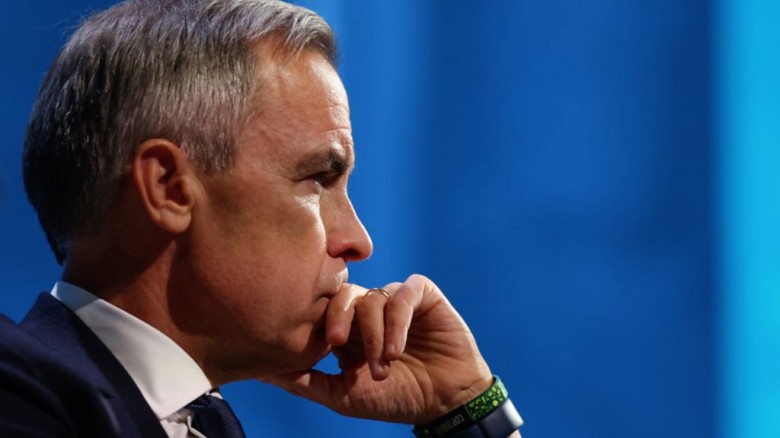
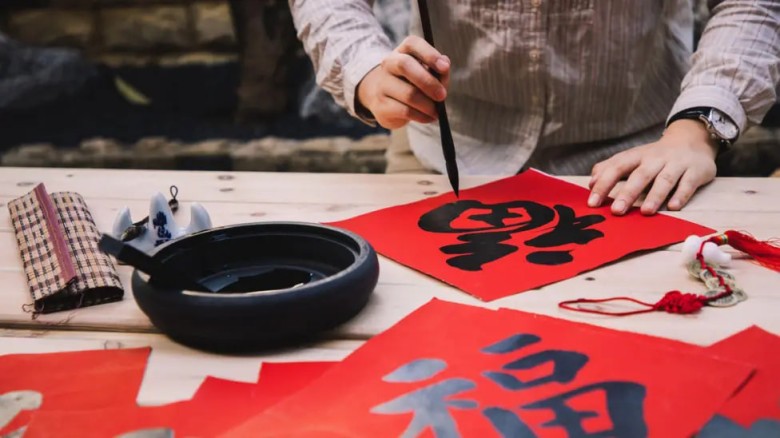
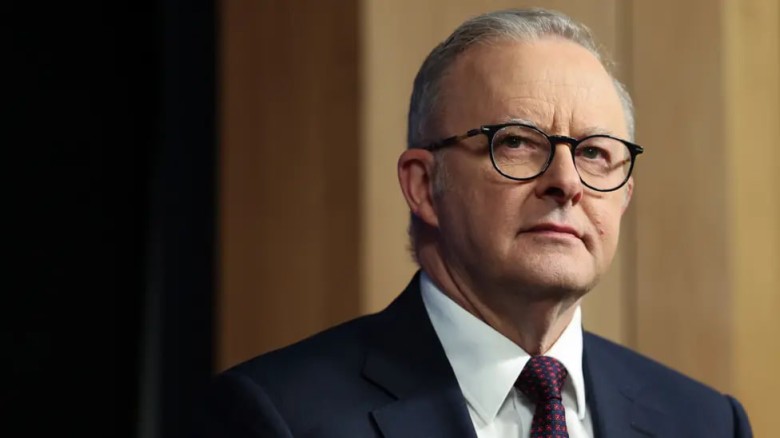
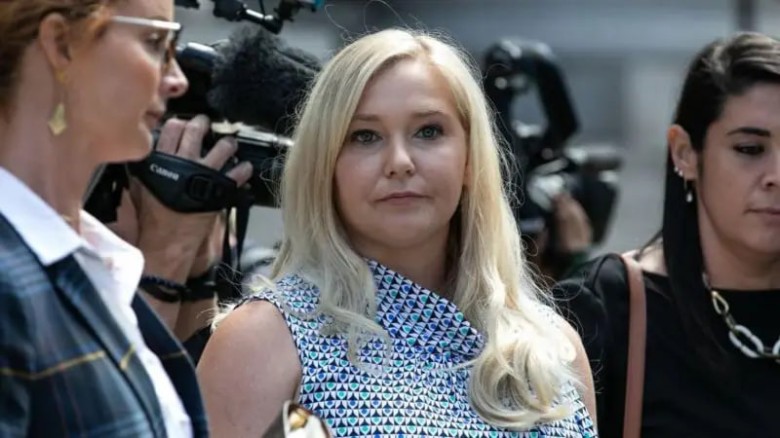
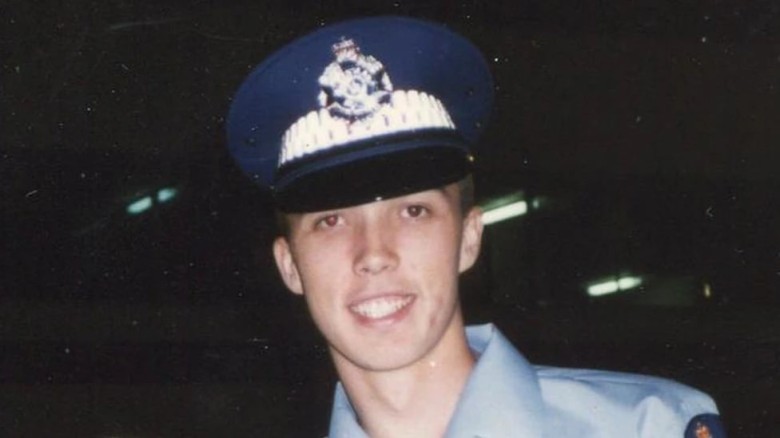
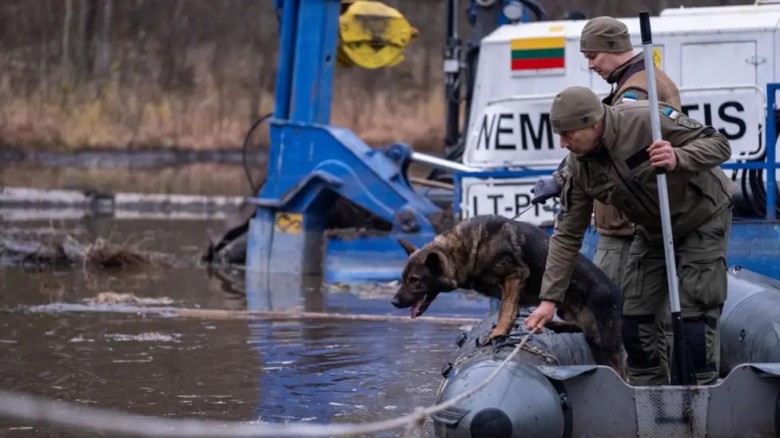
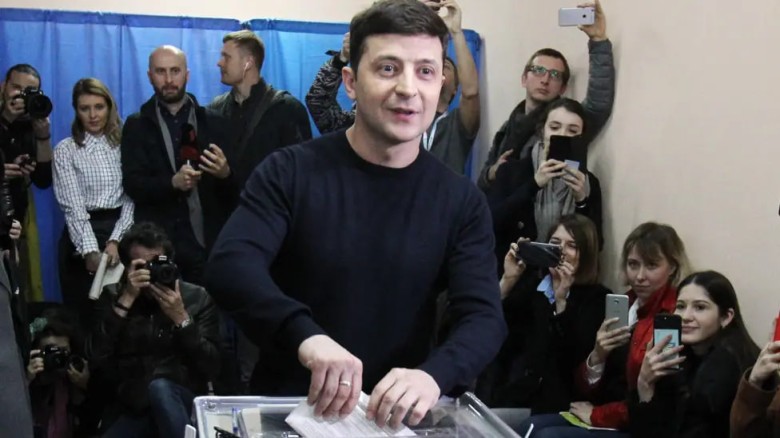
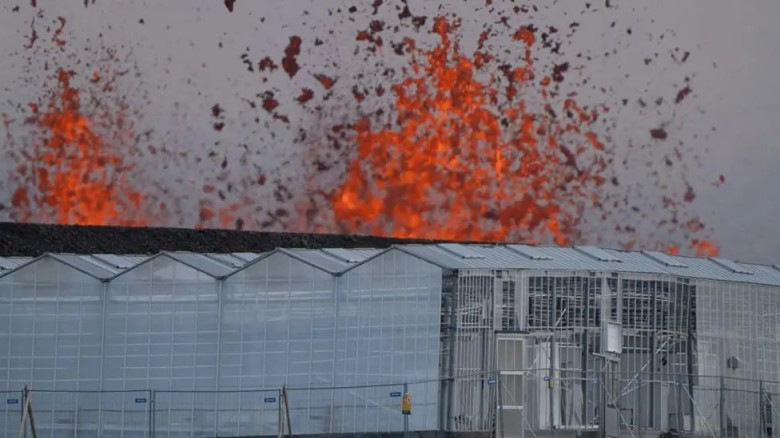
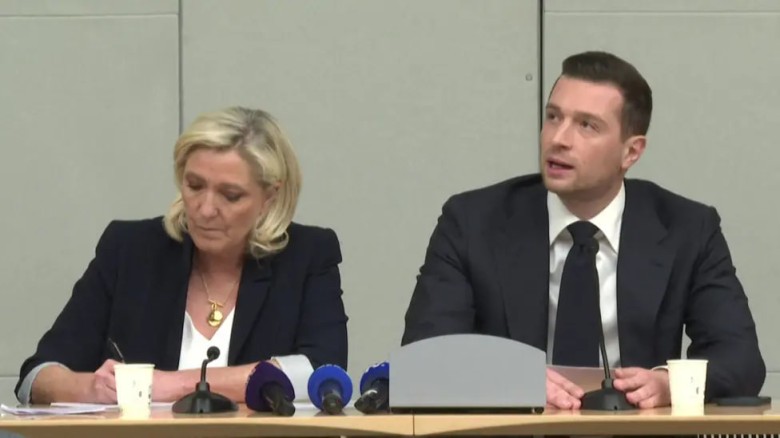
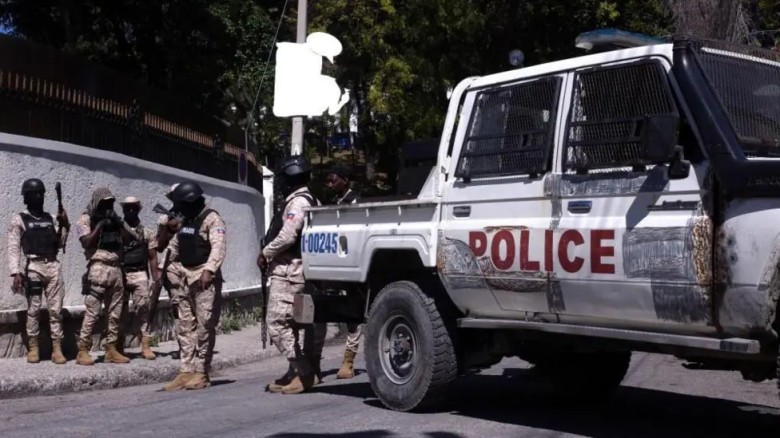
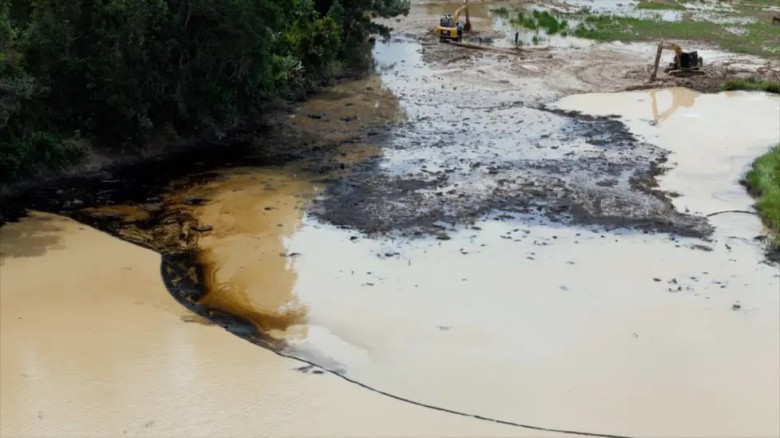
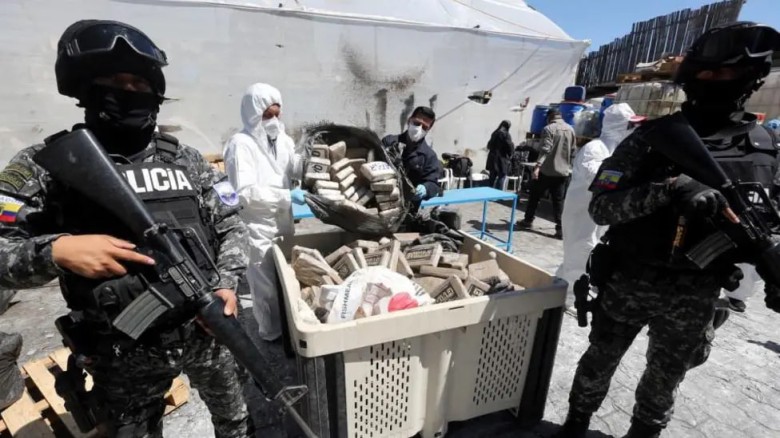
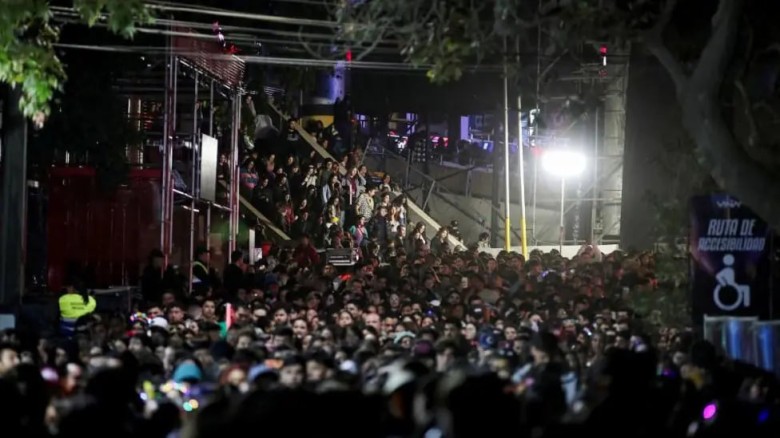





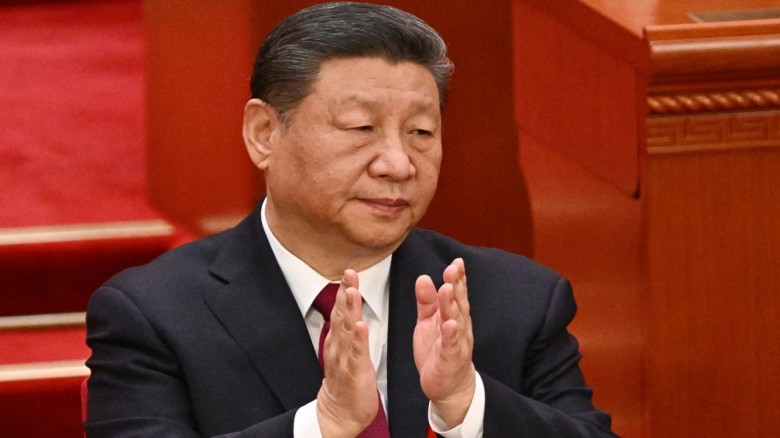
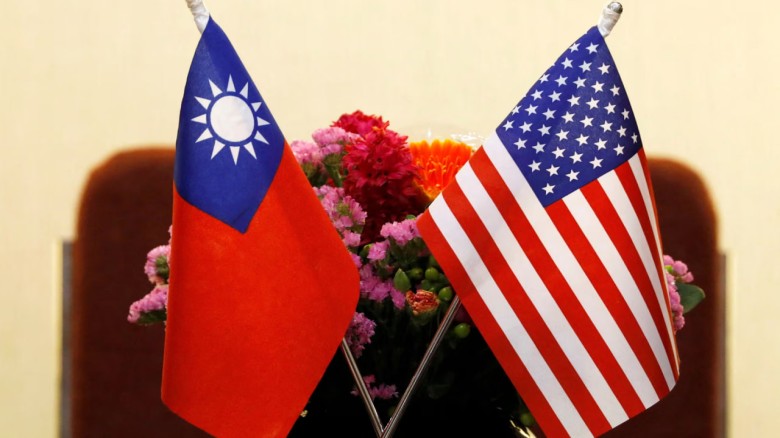

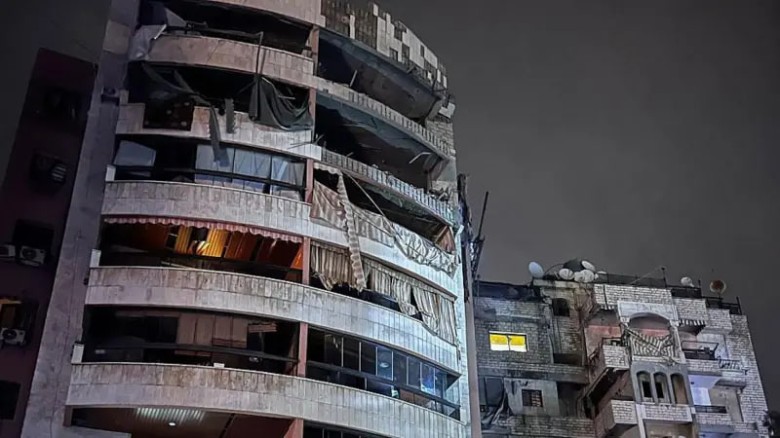
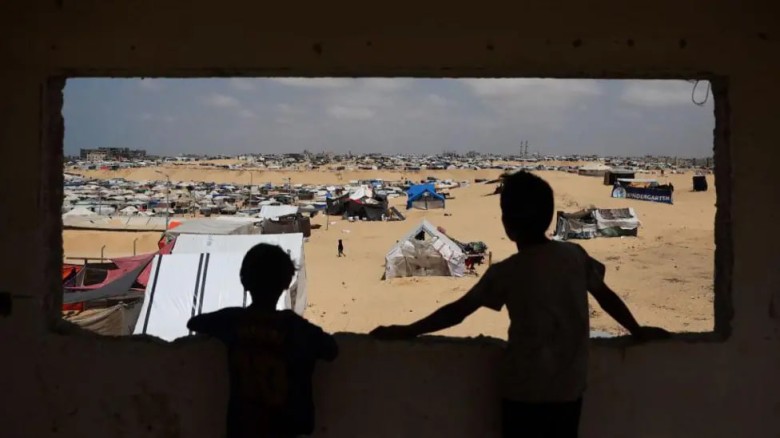
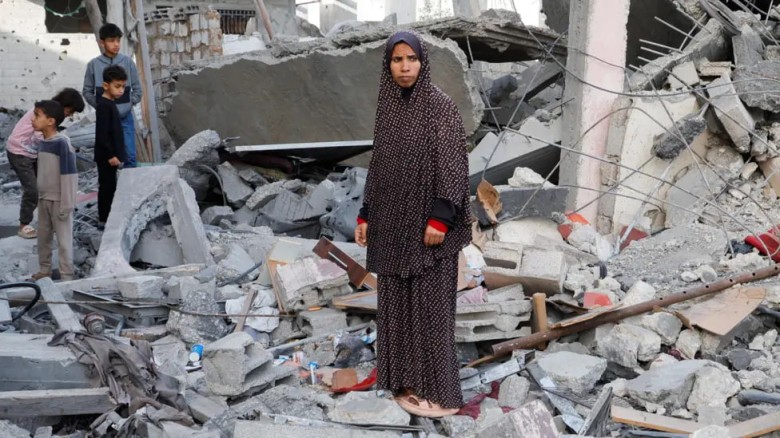
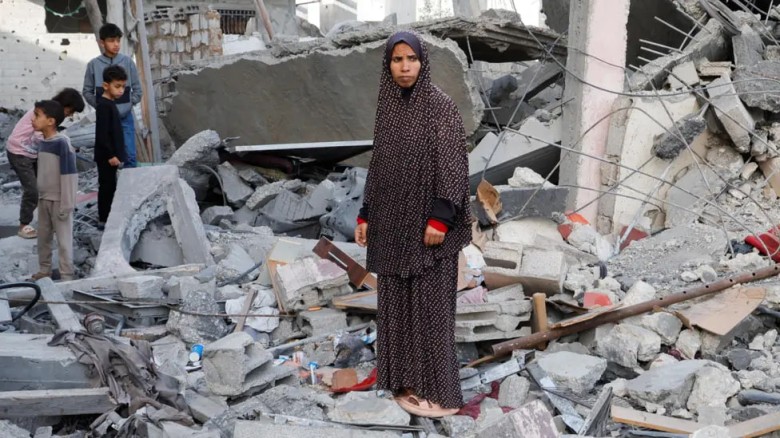

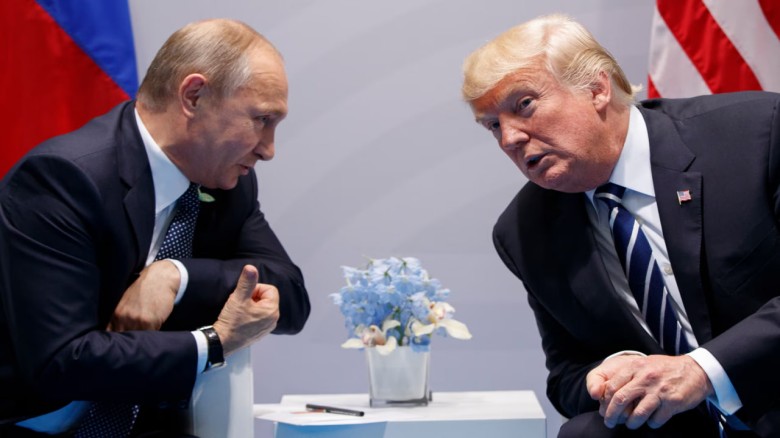

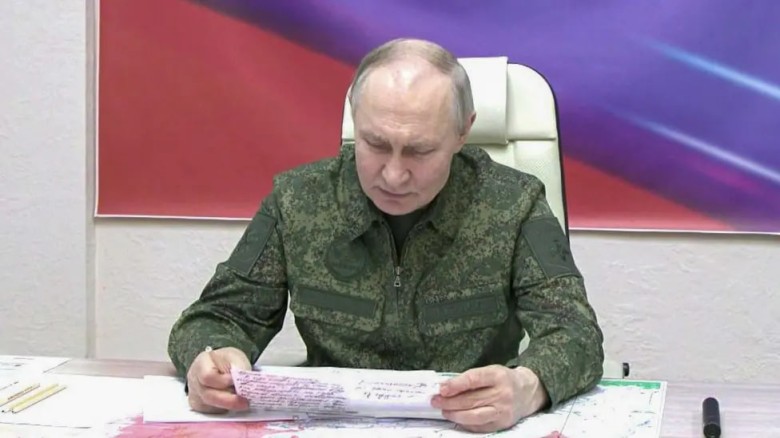



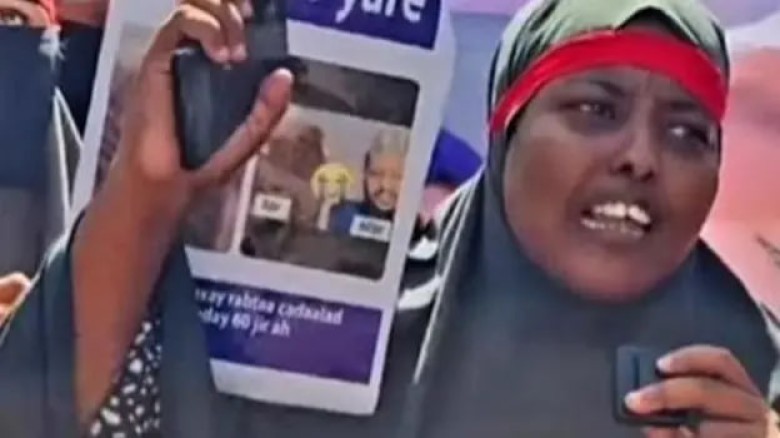
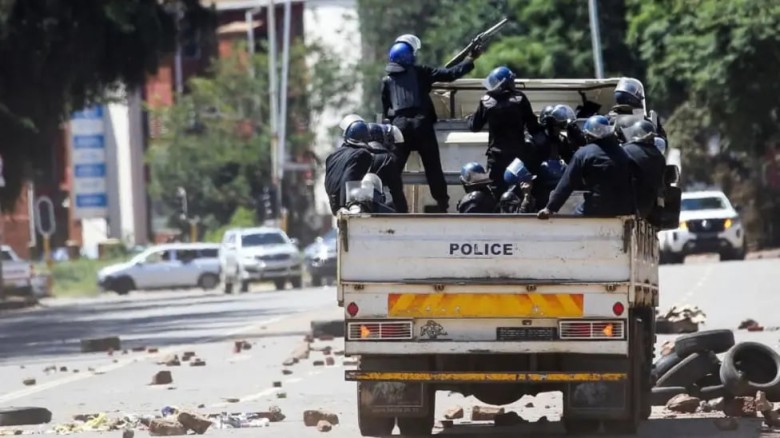
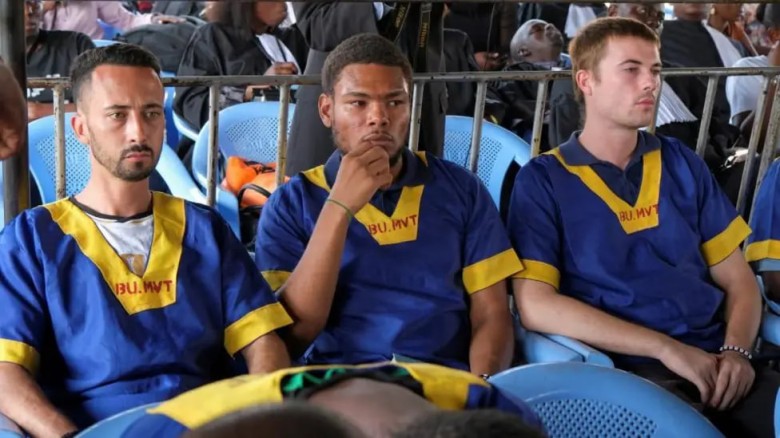












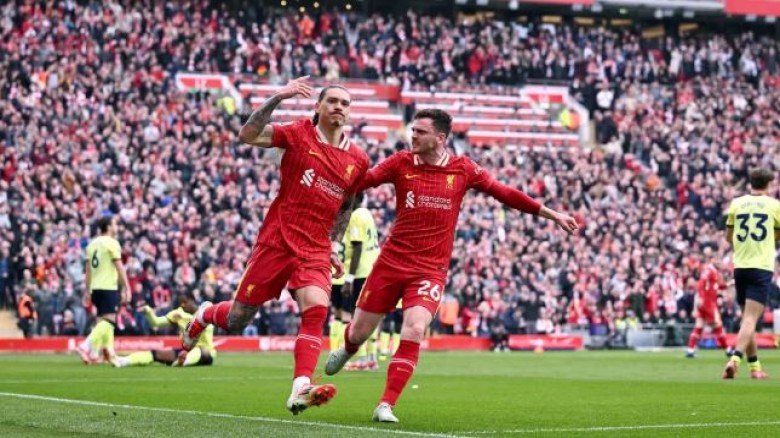


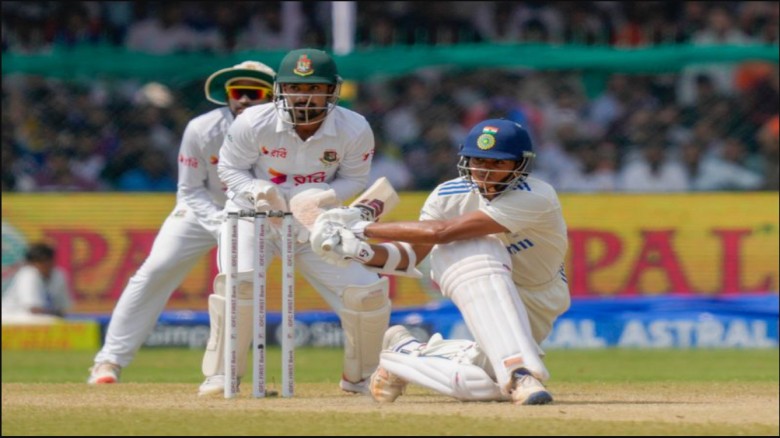
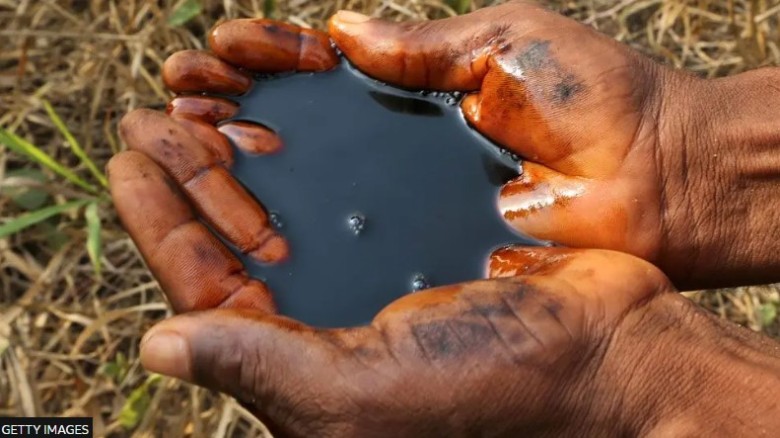



Leave A Comment